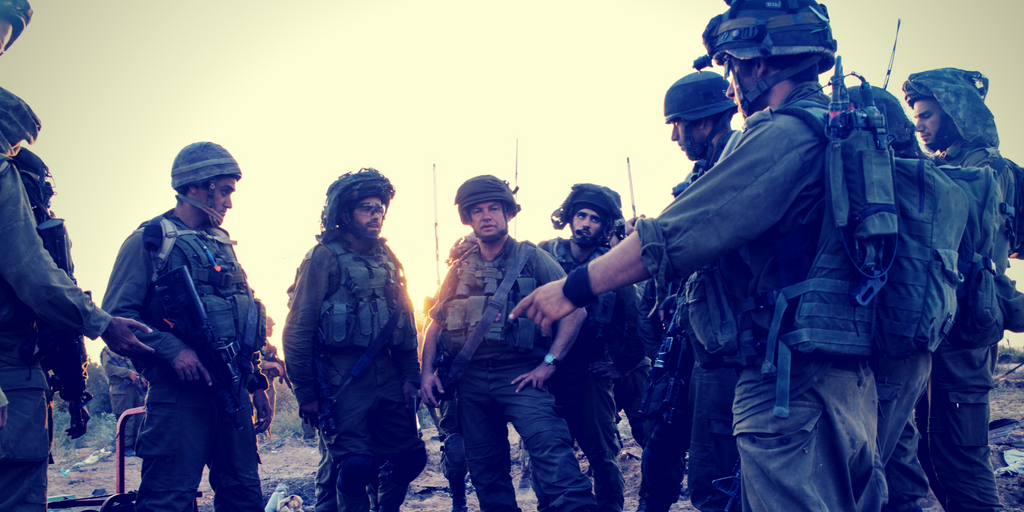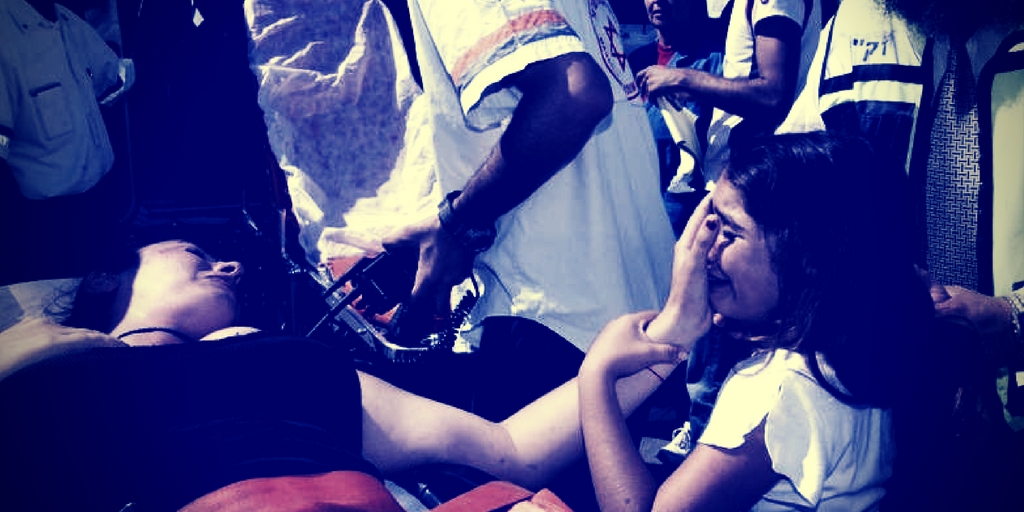The Palestinian narrative in the Holy Land has always relied on their perceivable indigenous standing as a people in the land for thousands of years. To uninformed observers Palestine is the location’s authentic name. After all, the maps confirm this “fact.” Never mind, the fact that most people until very recently considered the Land of Israel or “Palestine” as belonging to the Jewish people.
Muslim sources strongly indicate the Holy Land as belonging to the Children of Israel. It goes without saying in Christian thought that the Holy Land is in fact historically Jewish. Of course each group viewed our 2,000 year old exile as some sort of punishment for not following their respective leader, however the point of ancestral ownership if fully confirmed in each one’s theological outlook.
Israel HaYom ran an article in February of 2014 on the Palestinian fantasy narrative. The piece stated the following:
In Munich on January 31, Saeb Erekat, the Palestinian Authority’s chief negotiator in U.S.-mediated Israeli-Palestinian talks, reportedly asserted that Palestinian Arabs “cannot accept Israel as the Jewish state because they lived in the region long before the Jews. In the context of the current debate over the Jordan Valley [and Israel’s insistence on retaining its own forces in the area as part of an agreement with the Palestinian Authority], Erekat claimed that his ancestors were the real descendants of the Canaanites and lived in the area for 5,500 years before Joshua bin-Nun, [according to the Torah, Moses’ successor who led the Israelites into the Promised Land]”
My intention is not to spend time delving into the lack of historical support for such an absurd claim, but rather bring this up in context of yesterday’s explosion at the Knesset over the actual veracity of the Palestinian claim of being indigenous. Anat Berko of Likud said the following:
“As we’ve noted, the letter ‘P’ doesn’t even exist in Arabic, so the borrowed term (Palestine) is worth looking into.” When challenged by Left wing MK’s, Berko continued, “Those are the facts, I’ll send them to you. It’s fine.”
These are facts.
It is true, they don’t take away anything from the Palestinian narrative, which has plenty of holes in it as it is. The idea that the Palestinians themselves pronounce their name Balestinian is not a make or break issue for anyone. If their “national” narrative was rock solid then one can assume the “P” was a foreign introduction. After all they claim the Jews were foreign introductions to the Land of Israel.
Perhaps, Auni Bey Abdul-Hadi, the Palestinian Arab leader in 1937 already understood the truth. He said, “there is no such country [as Palestine]! ‘Palestine’ is a term the Zionists invented! There is no Palestine in the Bible. Our country was for centuries part of Syria.”
None of this should be misconstrued to disenfranchise people of their individual freedoms here in our land. All of us should learn to respect individual rights no matter if the individual has a narrative that was concocted out of thin air or changes every few years to suit one’s political needs. What is important however, is it should call into question our need to support such viewpoints when discussing the future of our ancestral homeland.





